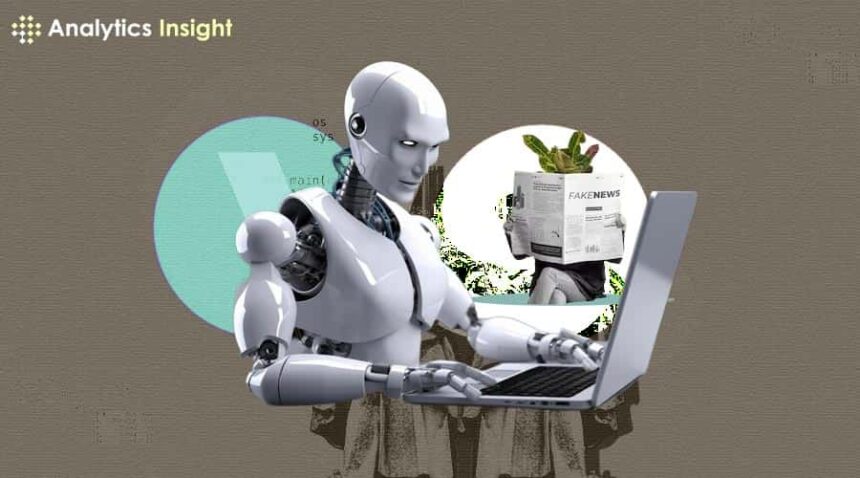AI is changing the game in various domains and is set to reshape industries and human interactions by 2030. Let’s explore the key trends that will define the AI landscape in the next decade.
- Human-Level AI Capabilities: By 2030, AI is expected to achieve a level of intelligence comparable to humans, leading to groundbreaking advancements in decision-making, problem-solving, and creativity.
- Collaboration Between AI and Humans: The synergy between AI and humans will reach new heights, transforming the way we work and interact with technology in fields such as healthcare and education.
- Intelligence Embedded in Devices: Intelligence will be seamlessly integrated into everyday devices by 2030, leading to a new era of convenience and efficiency in areas such as smart homes and wearable gadgets.
- Advancements in Autonomous Vehicles: Advancements in AI will redefine transportation with fully autonomous vehicles, promising safer roads, reduced traffic congestion, and enhanced mobility for all.
- Enhanced Medical Treatments: AI-powered solutions will revolutionize healthcare delivery by delivering personalized treatments tailored to individual patients, leading to improved patient outcomes and reduced healthcare costs.
- Impact on Employment: The rise of AI may lead to disruptions in the job market by 2030, requiring proactive measures to address the challenges of displaced labor and create new job opportunities in emerging fields.
- Challenges of Deep Fakes: The spread of deep fakes presents a pressing societal challenge, underscoring the need for robust strategies and technological solutions to combat misinformation and manipulation in the digital age.
The future of AI by 2030 promises a transformative journey, where collaboration between humans and machines will redefine industries, societies, and daily interactions. As we navigate the complexities of AI, it is crucial to prioritize ethical AI development and ensure that AI technologies serve the greater good of humanity.


